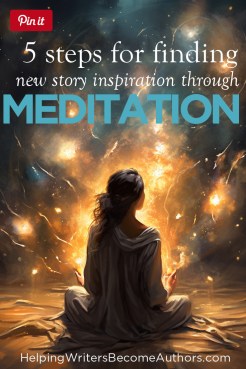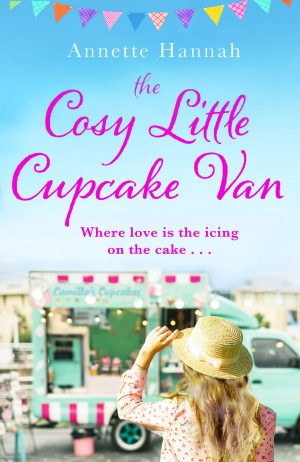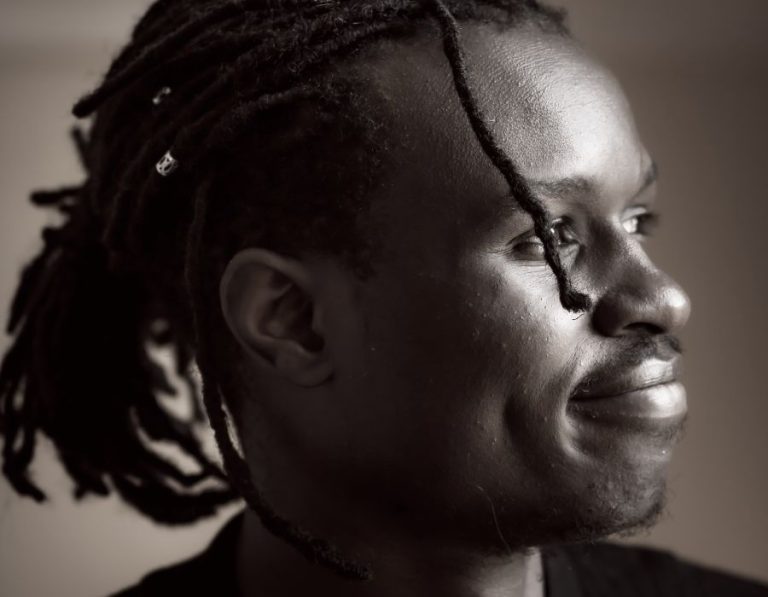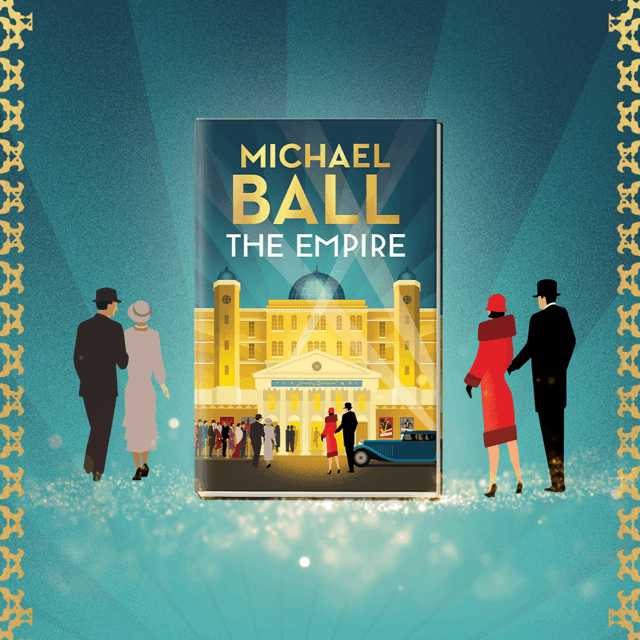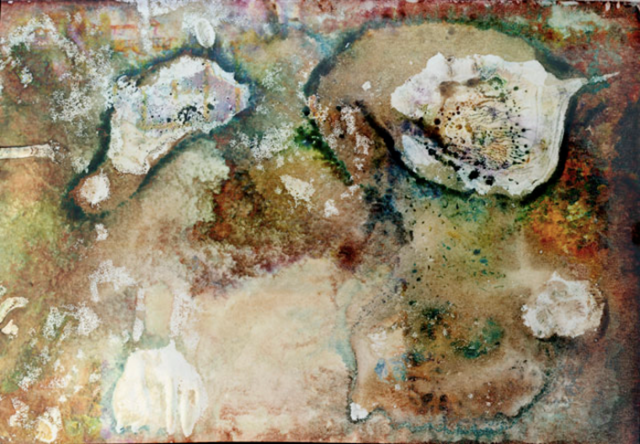
Today’s post is by regular contributor Susan DeFreitas (@manzanitafire), an award-winning author, editor, and book coach.
One newspaperman, Red Smith, is credited with saying, “Writing is easy. You just sit at your typewriter until little drops of blood appear on your forehead.”
When Dorothy Parker was asked if she enjoyed writing, she replied with characteristic wit by saying, “I enjoy having written.”
All of which is to say, writing is famously hard.
If you occasionally hit a rough spot for what feels like no reason at all, then the solution is often to stop for a moment, take stock, and look a little deeper into what it is you’re attempting to write.
As a writer myself, I’m no stranger to these sorts of points, where it feels like I’ve been cruising along with my writing only to suddenly hit a brick wall. And as a book coach, part of my job is helping people get through these rough spots in their creative work.
In looking at this phenomenon from both the inside and the outside, I’ve come to see that there almost is a reason for it—though these reasons may not be at all obvious to us at the time.
In fact, these are usually points where the wise storyteller inside us is trying to tell us something.
1. You don’t know enough about your story.
You may know how the story starts, and how it ends. You may know who the characters are, exactly what they love and hate about each other. You may even know what it was in the protagonist’s past that led her to have such strong feelings about what the antagonist is doing.
The fact is, you can know a lot about your story and still not know enough. And by enough, I mean the right things—the things essential to telling a compelling story, at the level of the big-picture structure.
Those are the story elements I focus on in my course on big-picture storytelling, and in my one-on-one outline coaching work as well: your protagonist’s emotional journey in the story, and subsequent transformation; the cause-and-effect trajectory of your plot, and how it pushes your protagonist to grow and change; and what your characters want and why they want it.
I’ve seen this over and over again (and experienced it for myself): If you’re not clear as a writer on any one of these things, you will eventually hit the wall with your story—or head off in the wrong direction entirely, with an increasing sense of uncertainty and unease as you do so. Which in turn makes writing hard.
Why? Because your wise inner storyteller is trying to tell you that you don’t know enough about your story to write it.
2. You don’t know enough about your scene or chapter.
You may be clear on how your story fits together in the big picture but still be in the dark as to how a given scene or chapter unfolds—and the more important that scene or chapter is to your story, the harder it will be to write.
These are the days when many of us stare at our computer screens for hours on end, writing and deleting and writing again, and deleting again, in a frustrating loop that can actually lead to thinking in ways that aren’t very kind to ourselves.
What is wrong with me? Why can’t I write this? What is my problem today?
In my experience, this is just another variation on the first issue: Your wise inner storyteller is telling you that you don’t know enough yet to write this scene or chapter.
The solution in this case is to simply to stop trying to write that scene or chapter directly and pre-write instead—in whatever form you find most helpful.
Prewriting might mean taking some time to make some notes about that scene or situation in your process notebook. (You keep one of those, right?) It might mean freewriting in that notebook about what each of the characters in this scene or chapter is feeling at this point in the story, about what their perspective and agenda is.
Or prewriting might mean actually drafting that scene or chapter in a very loose way, by hand, then going back over it and adding possible variations and possible deletions, without making any commitments either way—and then, and only then, going to the computer and formalizing the language.
Try this the next time you feel stuck in this way, and I think you’ll be amazed at how much easier it is to write that big scene or chapter when it doesn’t feel like you have to produce it “from scratch.”
3. What you think you know is wrong.
In other cases, you may feel like you know exactly what’s supposed to happen in this section of your story, or exactly what is supposed to happen in this scene or chapter, but … it still feels really hard to write.
Some folks get stuck here—for days, months, and sometimes even years. But writers are nothing if not stubborn, so many of them simply find a way to push on through.
If that’s what you’ve done with a section of your manuscript, this may wind up being a section you feel you can never quite get right. You may go over and over it again in revision, tweaking and nipping and cutting, fiddling with the language, the transitions, the POV, whatever—but no matter what you do, something about it still feels off.
And because we spend so long reworking on those sections, we often wind up getting attached to them. They become those “darlings” Faulkner was talking about—the ones we ultimately have to kill, for the greater good of the story.
Which is to say, sometimes the parts that feel hard to write, or hard to “get right” in revision, are simply wrong for the story, no matter how much you’ve managed to convince yourself otherwise.
Meaning: it’s out of keeping with what you’ve already established, it will not help you land the ending, it leads to a wrong ending, it IS the wrong ending, it will not create a satisfying experience for the reader—or some combination of the above.
In this case, your wise inner storyteller is telling you to step back and reconsider what you think you know about the story and see if there’s something you’re missing—and something different here that needs to happen in this section of your novel instead.
Have you experienced this type of “writer’s block” with one of your stories?
And is there a point in your writing journey where your wise inner storyteller was trying to tell you something you didn’t realize at the time?
Let me know in the comments!


